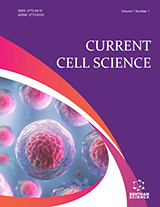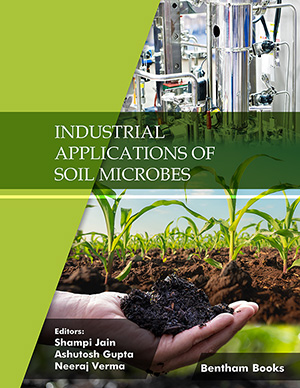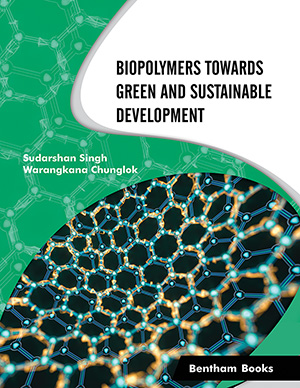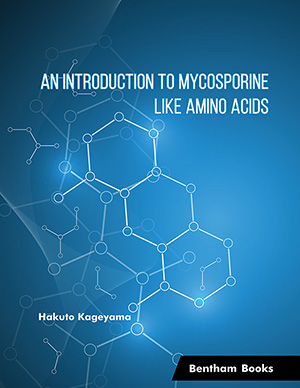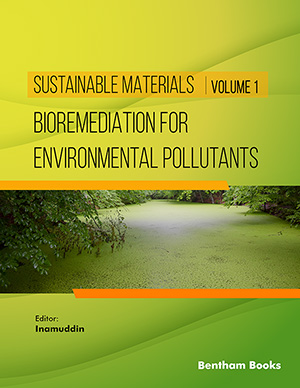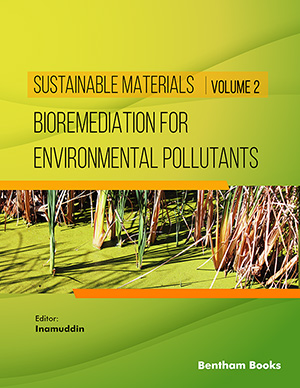Abstract
Prostate cancer growth is regulated by the androgen receptor pathway and so therapies to block androgen production and action are commonly used for the treatment of this disease. Although initially successful in the majority of patients, resistance to hormonal therapy generally emerges and patients’ tumours progress to the ‘castrate resistant’ phase, for which few therapeutic options exist. Expression of the androgen receptor is maintained in castrate resistant prostate cancer and there is a significant body of evidence that demonstrates that the androgen receptor is driving growth, even in the androgen-depleted environment. Several mechanisms have been described to explain how the androgen receptor is active under such circumstances and this current review summarises how mutations of the androgen receptor provide a growth advantage through mechanisms that may involve cofactor recruitment, reduced ligand specificity or promoting constitutive activity. Indivividual mutations appear to differentially regulate gene expression, therefore tumours may behave differently dependent upon which mutation is present and which ligand is driving growth.
Keywords: Prostate cancer, Androgen receptor, Mutation, Therapy resistance, Castration resistance, Hormone therapy.




